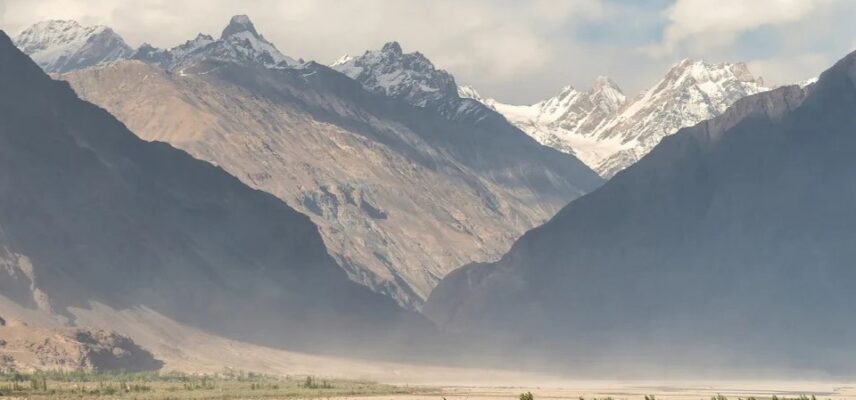
Over the past year, travelers have been redefining comfort in nature. A growing number of luxurious nature-stay options are emerging across Pakistan, offering a comfortable experience without sacrificing the connection to the outdoors. The introduction of modern glamping pods in locations like Murree’s Patriata, for instance, has successfully bridged the gap between rustic camping and traditional hotel stays. This shift isn’t just about added comfort; it’s changing expectations and attracting visitors who previously might have been deterred by rougher, remote lodgings. As demand for these appealing nature hideaways rises, they are becoming a vital component of Pakistan’s evolving tourism landscape.
Building on the desire for more memorable stays, another powerful trend is culinary exploration. Travelers are increasingly making food a central part of their journey, seeking out authentic regional specialties—from Sindhi biryani and Balochi kebabs to Punjabi sarson ka saag—and immersing themselves in local cooking styles. Food is no longer merely sustenance; it’s a key factor in how destinations are chosen and itineraries are crafted. By combining glamorous nature stays with meals prepared using local ingredients and traditional methods, Pakistan is beginning to offer more immersive and flavor-rich travel experiences.
Alongside the appeal of luxurious lodgings and food-centric trips is a growing expectation for mindful travel that respects the climate, biodiversity, and local ecosystems. This awareness is evident in government initiatives, such as Khyber Pakhtunkhwa’s push to promote eco-friendly tourism and glamping within national parks like Ayubia. Modern travelers now expect more than just comfort; they demand responsible practices like minimizing waste, respecting wildlife, sourcing food locally, and preserving trails. These concerns are not just ethical—they are critical to ensuring the long-term safety and sustainability of trips, particularly in ecologically sensitive mountainous regions.

For travelers, these trends translate into better choices: the ability to stay in stylish pods within scenic forests, enjoy authentic traditional meals, and do so with a lighter environmental footprint. For industry stakeholders—operators, lodge owners, food vendors, and local communities—it represents a significant opportunity. However, success hinges on careful planning: developing robust infrastructure (roads, power, water), implementing effective waste management, training staff, and guaranteeing visitor safety. By achieving this alignment, Pakistan can attract a wider and more diverse range of visitors, secure sustainable income from tourism, and actively protect its rich natural and cultural heritage for generations to come.
ATP House, Hameed Gar Road Kashu Bagh, Khargrong Skardu, Baltistan, Pakistan.
House # 439, Street # 51, G-9/1, Islamabad, Pakistan.